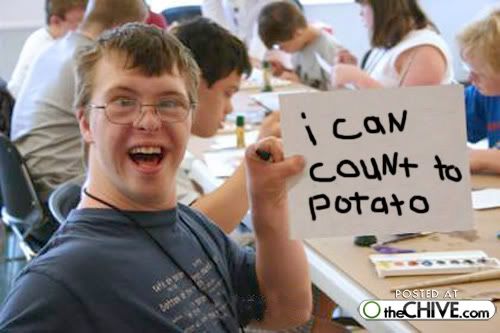Mathemeticians - I'm being thick.
whyamihere
Posts: 7,719
I have 14160 reflections of a light ray in a fibre. At each reflection, 0.01% of the intensity is transmitted, rather than reflected. After the first reflection, there will be 99.99% remaining, after the second there will be 99.980001, after the third there will be 99.970003, and so on. Other than writing a program to make the computer loop through this 14160 times and work out the percentage left at the end (pretty easy now, but hard in an exam with no computer), does anyone know how to get the final percentage out?
Edit: I know it's an exponential decay, I just can't remember what form it takes.
Edit: I know it's an exponential decay, I just can't remember what form it takes.
0
Comments
-
why would you need to know this? my head hurts just reading it
 0
0 -
Would a recurrance relation not work ?0
-
Certainly would. Still can't remember how the hell to set it up though...Cferg wrote:Would a recurrance relation not work ?
Edit: Actually, no, it wouldn't. The recurrence relation would beI(n) = [99.99/100]I(n-1)
I can't seed it with I(n-1), because I don't know it, unless I go through the entire thing, which I don't want to do.0 -
Stopped being thick. For anyone interested, I(n) = [(99.99/100)^14160]I(0), leaving 24.3% at the end.0
-
whyamihere wrote:Stopped being thick. For anyone interested, I(n) = [(99.99/100)^14160]I(0), leaving 24.3% at the end.
Ahhhhh you just beat me to it :?0 -
Physics degree. This is the trivially easy maths, which is why I can't damn well remember it. Complicated stuff's easier, because I do it all the time, but ask me to add 2+3 and I'm lost.welshkev wrote:why would you need to know this? my head hurts just reading it 0
0 -
whyamihere wrote:... but ask me to add 2+3 and I'm lost.
6?0 -
For sufficiently large values of 2 and 3, yes.
 0
0 -
whyamihere wrote:Stopped being thick. For anyone interested, I(n) = [(99.99/100)^14160]I(0), leaving 24.3% at the end.
Cant believe you even had to ask the question in the first place.0 -
whyamihere wrote:Stopped being thick. For anyone interested, I(n) = [(99.99/100)^14160]I(0), leaving 24.3% at the end.
You seriously need to get laid 0
0 -
I'm quite embarrassed to be honest.Briggo wrote:whyamihere wrote:Stopped being thick. For anyone interested, I(n) = [(99.99/100)^14160]I(0), leaving 24.3% at the end.
Cant believe you even had to ask the question in the first place.
Andy - what's your sister's number? 0
0 -
410
-
Yeah you're being thick, what were you thinking!0
-
Andy wrote:whyamihere wrote:Stopped being thick. For anyone interested, I(n) = [(99.99/100)^14160]I(0), leaving 24.3% at the end.
You seriously need to get laid
Well he is doing a physics degree......0 -
Don't be stupid, it's 23.heez29 wrote:whyamihere wrote:... but ask me to add 2+3 and I'm lost.
6?0 -


